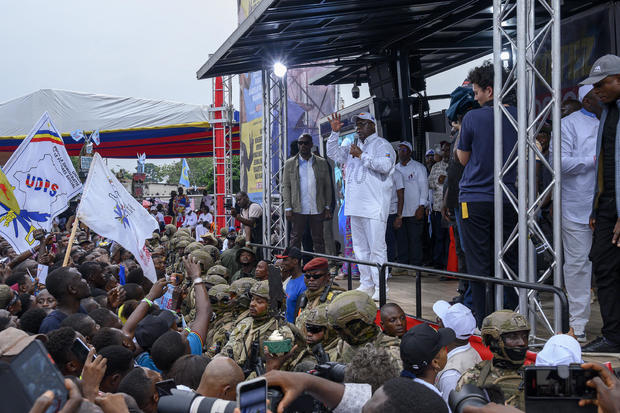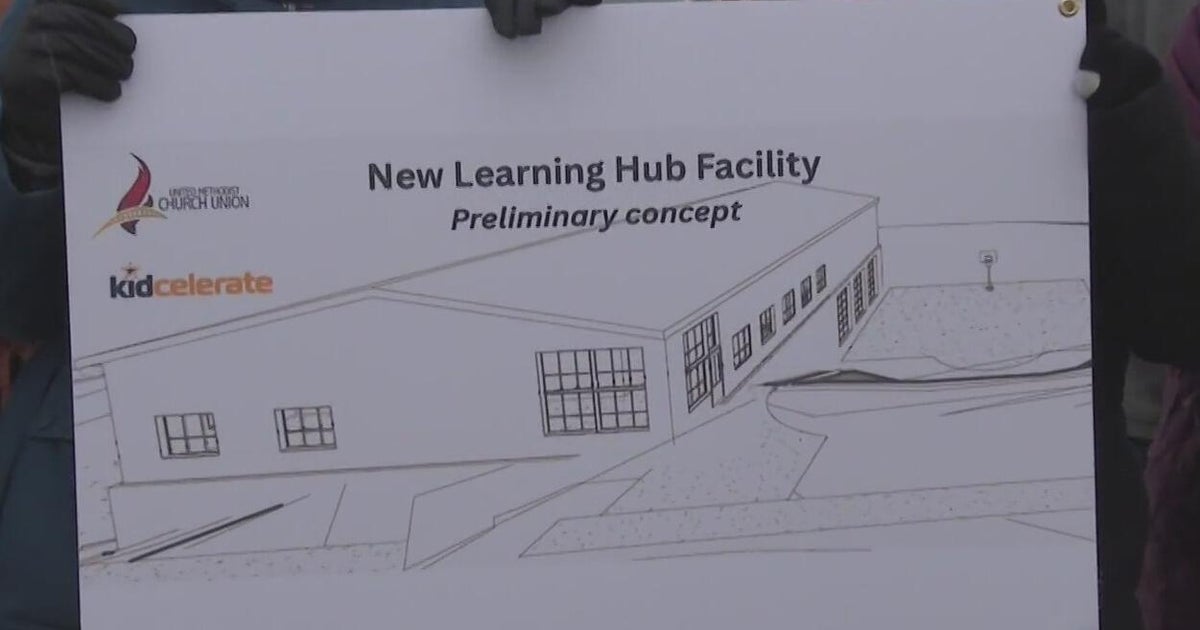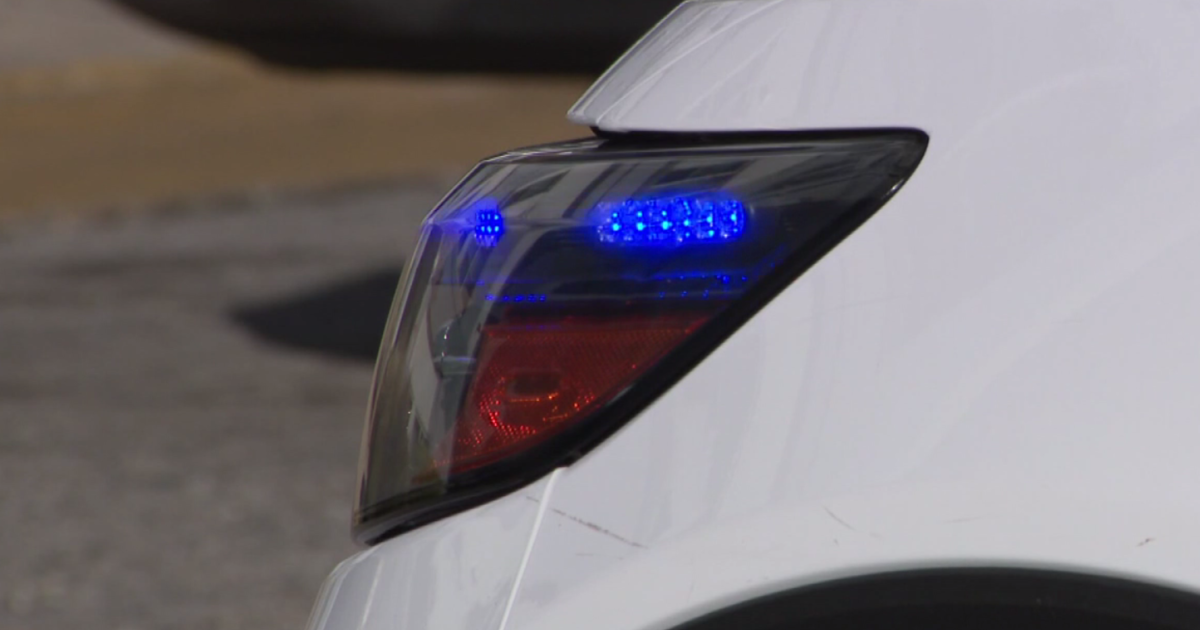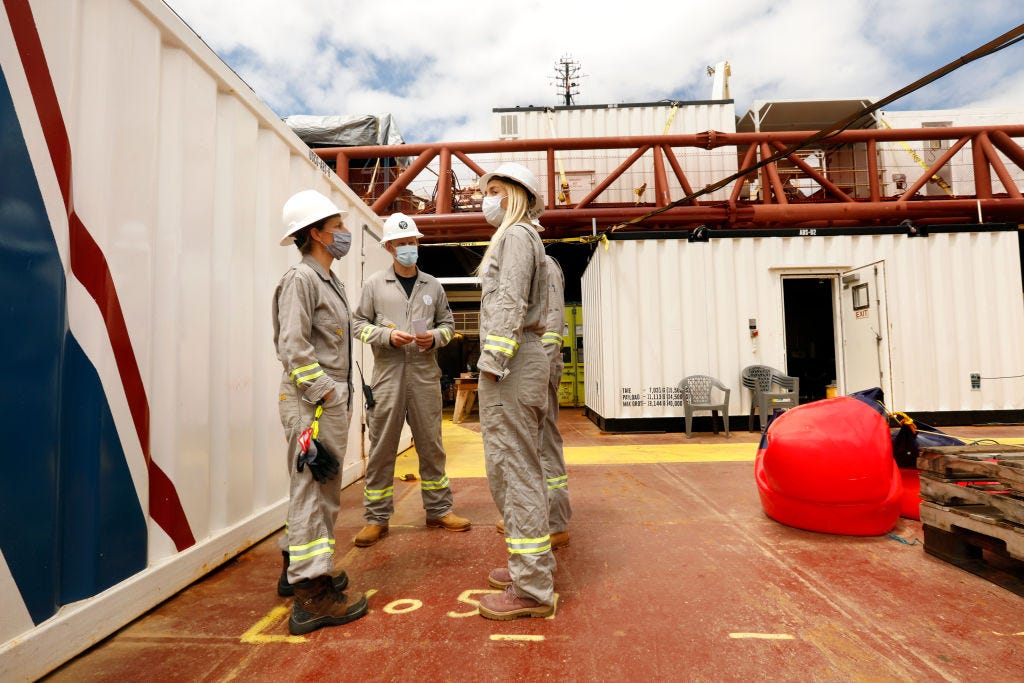U.S. helps negotiate cease-fire for Congo election as world powers vie for access to its vital cobalt
Johannesburg — If you have a smartphone, laptop, tablet or an electric car, your device is likely making use of the mineral cobalt, which was very likely mined in the Democratic Republic of Congo. Roughly 70% of the world's supply of the vital metal comes from the southern DRC, and with electric vehicles sales soaring, e-technology as popular as ever and no major new source of cobalt on the horizon, that number looks set to keep climbing.
Cobalt is built into most lithium-ion batteries in electric devices and vehicles to help prevent them from catching on fire. Along with demand for the metal, the price of cobalt has risen precipitously. It has quickly become one of the most-sought after minerals for the world's major tech companies.
Experts estimate that the DRC's soil may hold some 3.7 million tons of cobalt — close to half of the world's supply. Analysts with the business intelligence firm GlobalEdge speculate that the DRC's untapped raw mineral deposits could be worth more than $24 trillion.
But more than 60% of Congolese live below the poverty line, despite the country's vast reserves of copper, cobalt, gold, manganese, uranium and platinum. The country's Finance Minister recently put the national inflation rate at just over 20%, dwarfing even the struggling economies of Europe.
DRC election expected to maintain the status quo
On Wednesday, the DCR will hold an election, with President Etienne Tshisekedi seeking a second and final 5-year term to lead the country. He's facing more than two dozen election rivals, but analysts predict he will win.
Tshisekedi was elected in 2019 after campaigning as an advocate for peace and cracking down on corruption. But he's made little progress in improving the lives of the country's citizens, nor quelling the fighting in DRC. The country's rarely paid, ill-disciplined national army has struggled to contain the roughly 120 rival militias battling for control, mainly in the mineral-rich south.
Analysts believe more than 6 million of the country's 100 million people have been killed during three decades of fighting. The violence has driven millions of people from their homes, with the U.N.'s World Food Program warning that it has only half the food required to feed the 6.3 million people thought to be going hungry across the DRC.
On Tuesday, hours before Congolese headed to the polls, the U.N. Security Council agreed to a demand by the DRC government that the global body begin the gradual withdrawal of U.N. peacekeepers from the country later in December.
Last week, U.S. officials stepped up their diplomacy and were instrumental in negotiating a cease-fire to last until Dec. 28, through the election process.
The Biden administration "will continue to use U.S. intelligence and diplomatic resources to monitor compliance to the cease-fire by armed forces and non-state armed groups" in DRC, White House national security council spokesperson Adrienne Watson said in a statement.
The U.S. government's interest in DRC politics and maintaining any semblance of peace in the country is likely rooted in more than just humanitarian concerns, however.
China's grip on the DRC's mineral wealth
Copper has been mined in the DRC for centuries, and cobalt is a by-product of copper production. American companies had owned several of the cobalt mines in the country until the last decade, when Chinese firms started buying out North American and European firms to gain control over much of the cobalt mining in the DRC.
China is the world's largest producer of today's ubiquitous lithium-ion batteries, and as the world's major economies seek to ramp up green technology manufacturing — vital with the transition away from fossil fuels — they'll be keen to claw back as much access to the raw materials required as possible.
Maurice Carney, head of the Washington-based Friends of the Congo organization, told CBS News the U.S. is watching the election closely, as the results will be critical to increasing economic and trade relations.
Carney noted that the U.S. Congress is currently considering two bills "that are about securing access to DRC's cobalt for U.S. security interests."
He said the bills could be described as "anti-Chinese," with U.S. lawmakers increasingly concerned over the level of control China has over the minerals critical to U.S. manufacturing supply chains.





